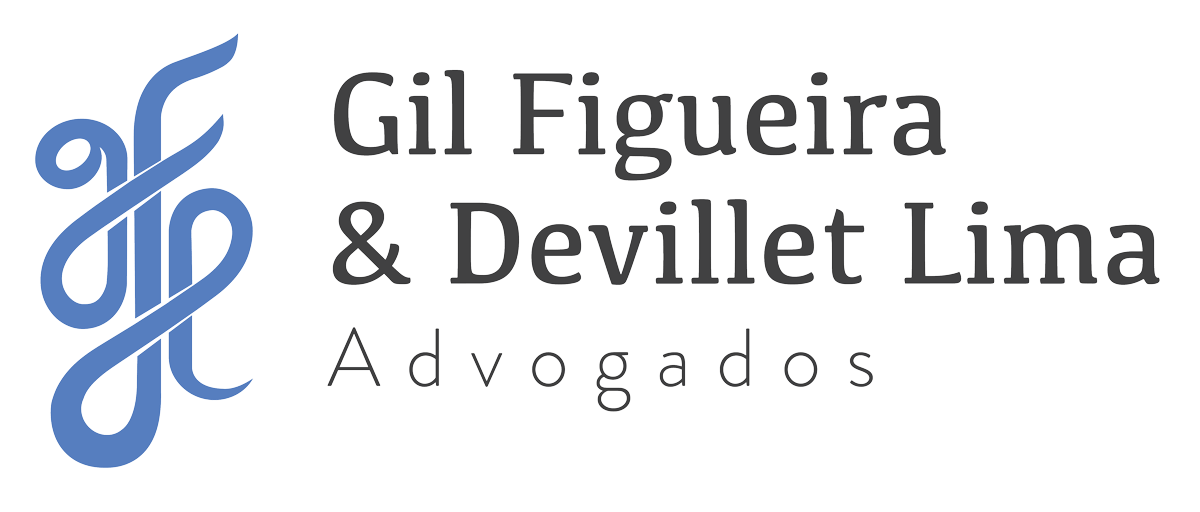D7 Visa
The Passive Income Earner Residence Permit
If you are interested in:
- Moving to Portugal
- Living full time in Portugal
The regime
The Passive Income Earner Residence Permit, introduced by the Portuguese government in 2007, is a residency permit designed for non-EU/EEA/Swiss nationals with a stable passive income.
Often referred to as the D7 Visa or Passive Income Visa, this permit allows individuals and their families to establish legal residency in Portugal, providing a gateway to European living while benefiting from the country’s high quality of life.
It is particularly attractive to retirees and those with income derived from pensions, real estate, dividends, intellectual property, or financial investments. A key requirement is demonstrating a minimum passive income of at least €10.440,00 per year with further requirements applying to Spouses and Dependents.
Portuguese Authorities have discretionary powers to approve residence permits and visas. Therefore, the higher the income, the greater the chances of approval.
The benefits
- Visa-Free Travel within the Schengen Area: D7 Visa holders can travel freely across 26 European countries without additional visas.
- Pathway to Permanent Residency and Citizenship: After five years of legal residence, applicants can apply for permanent residency or Portuguese citizenship, provided further requirements are met.
- Access to Public Services: Residents benefit from Portugal’s national healthcare and education systems, legal protection, and the ability to work as independent professionals.
- Family Reunification: Immediate family members, including spouses, dependent children and parents, can join the primary permit holder in Portugal.
Eligibility criteria
To qualify for the D7 Visa, applicants must:
- Be a non-EU/EEA/Swiss national.
- Demonstrate sufficient passive income to sustain their stay in Portugal.
- Provide proof of a legal residence address in Portugal.
- Have a clean criminal record.
- Commit to residing in Portugal for at least 16 months during the initial two-year residency period.
- Obtain a Portuguese Tax Identification Number
Application process
Application Process for the D7 Visa
Step 1 – Obtaining an entry Visa
The D7 entry visa must be issued by the Portuguese Consulate of the country of origin or residence. Some countries have outsourced part of this process to third-party visa processing centers.
The process and paperwork vary in each country but often include an interview, the filing of forms, and the need to provide documentation.
Once all the required documents are gathered, the application for the D7 Visa must be submitted through the Portuguese consulate or embassy of the country of origin or residence. When the application is approved, a temporary entry visa (two entries) is issued and valid for 120 days.
Step 2 – Obtaining a residence permit
Upon issuance of the D7 visa, the applicant is required to travel to Portugal and complete the residence permit application process within 120 days. The following steps should be followed upon arrival:
- Attend an appointment with the Agency for Integration, Migration and Asylum (AIMA) to submit the residence permit application.
- Residence Permit Issuance: Upon approval, the applicant will be granted a residence permit valid for one year, renewable for successive periods of two years.
The holder of the residence permit is required to remain in Portugal for the majority of the year and may not be absent for more than six consecutive months or eight non-consecutive months during the validity of the permit. However, travel abroad is permitted for professional or personal reasons, subject to justification.
Residence and Citizenship
First Residency Permit: Initially granted for two years.
Renewal: Can be renewed for an additional three years, provided minimum stay requirements are met.
Permanent Residency or Citizenship: After five years, residents can apply for either permanent residency or citizenship, provided they meet the necessary requirements, including demonstrating integration into the Portuguese community and passing a basic Portuguese language test.
Tax considerations
When obtaining a D7 Visa and establish residency in Portugal, it is important to understand the tax implications that come with becoming a tax resident. To be officially considered a tax resident in Portugal, you must either spend more than 183 days in the country within a given fiscal year or maintain a permanent residence in Portugal by the end of the year.
As a tax resident, worldwide income will become subject to Portuguese taxation.
The IFICI, a special Personal Income Tax was put in place to attract high-skilled professionals using tax breaks.
Our assistance
Navigating the application process and the consequences of moving to Portugal can be complex, and our experienced legal team is here to simplify the journey for you.
We provide expert assistance in:
- Gathering and verifying required documentation.
- Ensuring compliance with financial and legal requirements.
- Handling the visa application and renewal process.
- Advising on tax implications and residency obligations.
- Advising on estate law implications.
- Advising on employment law and other implications that may arise for companies with staff or decision makers in Portugal.
If you wish to engage our team to assist you, please don’t hesitate to get in touch with us.
The information contained in this webpage is not to be used in place of proper and complete professional advice, as it does not constitute a binding legal opinion nor does it not consider the particularities of your case.




